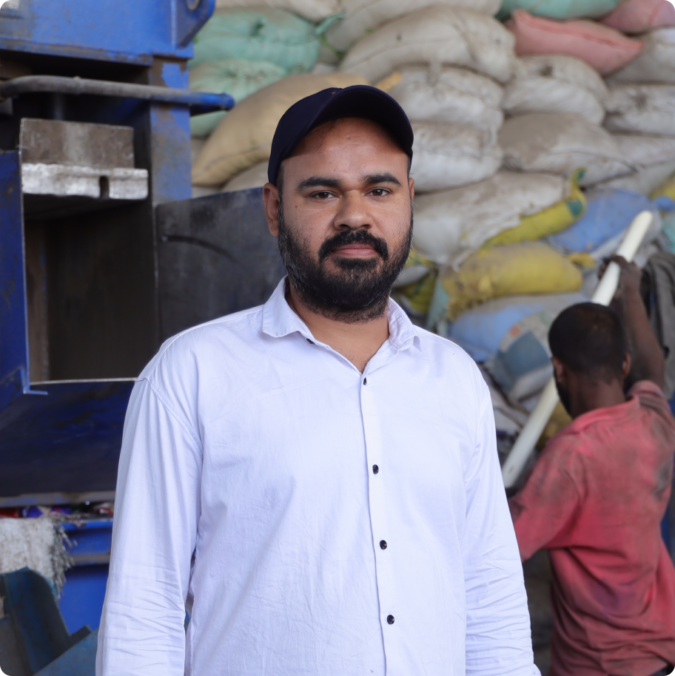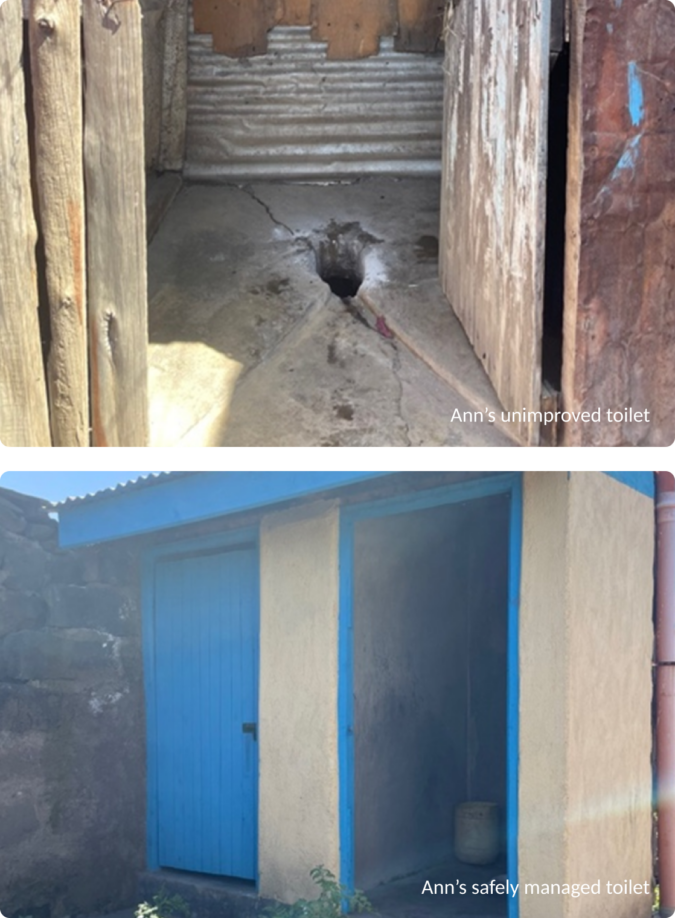2023 Impact Report Paving the way
Across the world there are 2.2 billion people without a source of safe drinking water, 4.2 billion people who lack access to safely managed sanitation services, and up to 1 million people die each year due to mismanaged waste.
This reality needs to change – we believe all people deserve to live in a clean environment with access to affordable and sustainable water, sanitation and hygiene (WASH) and solid waste services.
WASTE is a global NGO which exists to create cleaner, healthier futures for all
Since 1983 we have been catalysing solutions to some of the world’s most pressing waste, sanitation and water challenges. We drive sustainable system-led change by bringing together stakeholders from across sectors to pilot, upscale and deliver global programmes. In all that we do, we strive for impact that is embedded in the local context by building knowledge and local capacity, sharing interdisciplinary expertise and increasing access to finance.
Note from our Supervisory Board
The year 2023 marked an amazing four decades of WASTE working with partners across the globe to develop sustainable and inclusive solutions. As an organisation it was a key point for us to take time to reflect on who we are, what we stand for and how we can pave the way for the next chapter of impact. In the last year we have continued to build on our 40 years of expertise, facilitating access to more WASH and waste management services than ever before, upscaling sustainable solutions and catalysing investments in microfinance and innovative entrepreneurs. For the coming decades, WASTE is committed to continuing its mission to be a leading innovator in scalable and impactful WASH and waste management approaches at the interface of entrepreneurs, local institutions, the financial sector and end users.
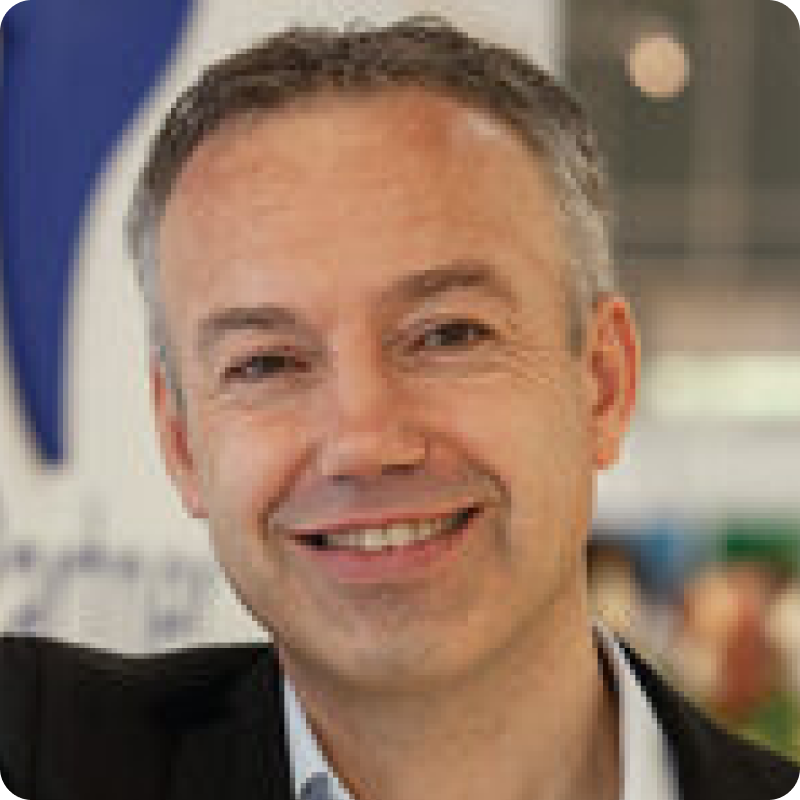 Adriaan Mels
Adriaan Mels
WASTE Supervisory Board Chair
A global outlook
WASTE develops and manages innovative, multi-stakeholder programmes in low- and middle-income countries across the world striving for impact that is locally relevant and continues long after we are gone. Over our 40-year history this work has spanned many countries, a number of which we are still active in today.
To catalyse sustainable change,
we believe all stakeholders must work together
This lies at the heart of our multi-stakeholder Diamond approach and Integrated Sustainable Waste Management (ISWM) model. Together they offer a comprehensive approach that enables key stakeholders to work together for sustainable development and strengthen local systems.
2.1 million people leading healthier lives
Made possible through
Generating 3.5 million employment days in the sanitation sector and 80 dignified solid waste jobs
Providing 145,392 people with capacity building
Supporting 1,991 local businesses
Creating more than 85 new partnerships
Relaying the foundations
As an organisation we recognise the importance of remaining agile in the midst of a changing global context. Entering our 40th year was a pivotal moment for the organisation in 2023. It was a good moment to reflect on our values and contribution, refine our organisational structure and strategy, and relay our foundations. All to ensure WASTE continues to create impact and contributes to a more sustainable future.
As part of this process, we came together as a whole staff team to map out our core values which underpin everything we do:
Paving the way for innovation
Programme snapshot
Below is a snapshot of our three main programmes showcasing the highlights and learnings from the last year.
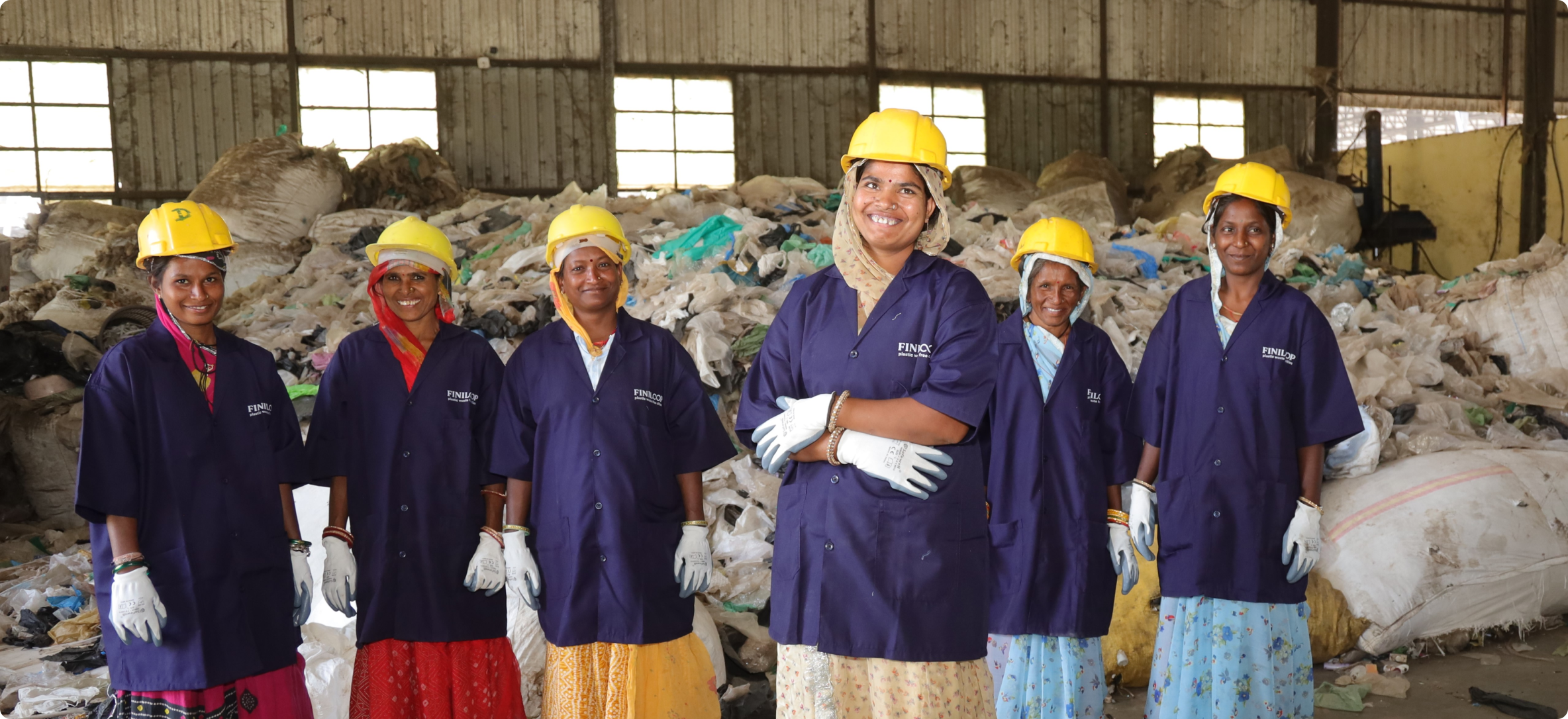
FINILOOP is our city-level plastic waste management programme which connects and strengthens actors along the entire waste value and service chain to ensure cleaner environments for all and a more inclusive and transparent circular plastic economy.
This is made possible by working together with local partners to help strengthen and scale local enterprises including start-ups, create safer and more dignified job opportunities for informal waste workers (IWWs), empower communities and attract additional funds into the waste value chain. In 2023 FINILOOP reached its first-year milestone, successfully laying the foundations of the programme and working in partnership with local organisations, Trust of People (TOP) and AspireLabs. The programme expanded to a third city (Jaipur) and the preparation for expansion to new countries such as Kenya and Bangladesh are on its way.
What we’ve achieved together
Programme learnings
A core component of the FINILOOP programme is strengthening businesses within the plastic waste management system. A lack of business development capacity at the local level was identified and to bridge this gap WASTE hired a local business development expert to take ownership of this component.
In the first year of the programme it was vital to align all partners around the shared FINILOOP objectives and strengthen communication. As a result, a range of additional indicators to measure the impact of the programme were generated (for example, access to ID cards as part of the improvement livelihoods of informal waste workers objective) to help collectively monitor and evaluate the programme more effectively.
Transforming the everyday through investing in small and growing businesses
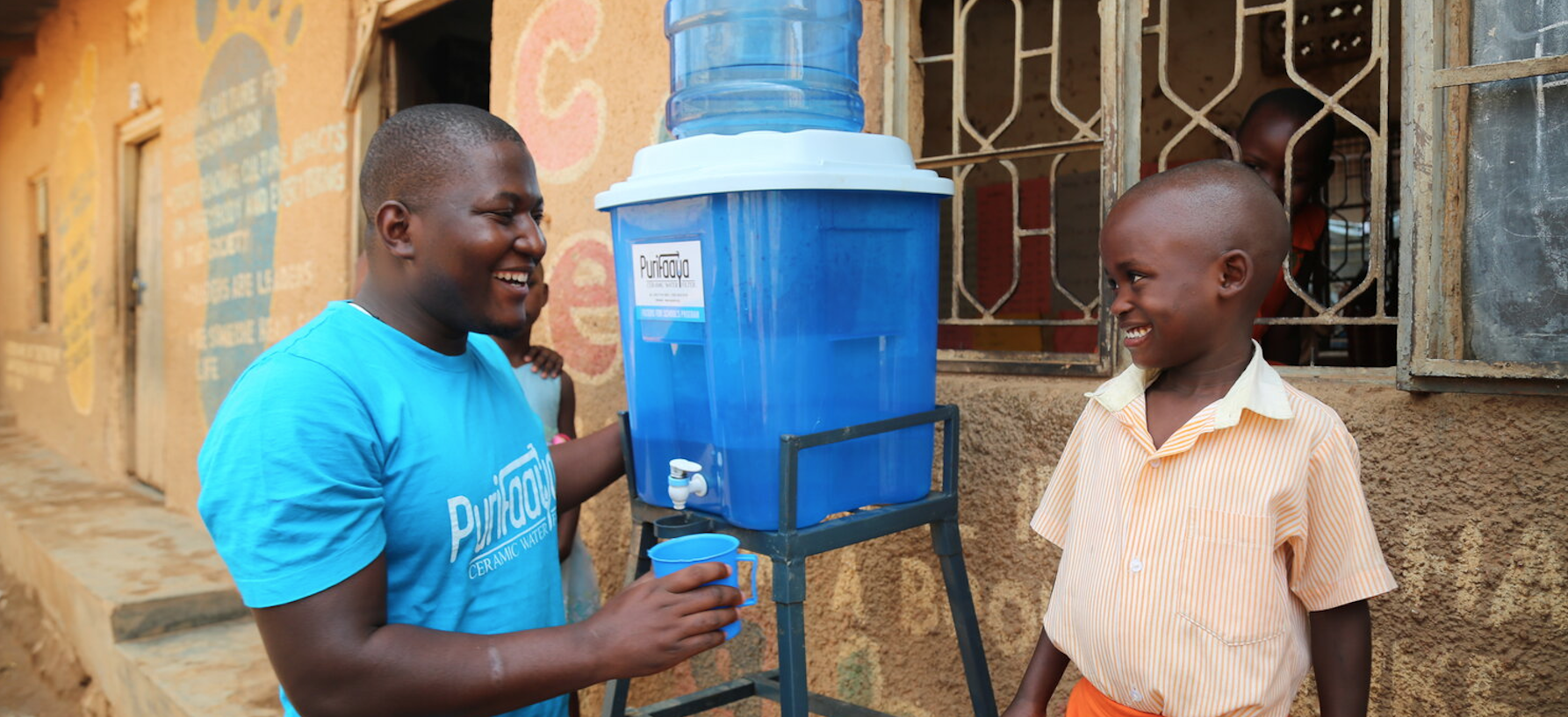
Small and Growing Businesses (SGBs) too often fall into the ‘missing middle’ of investments – whereby they are too big for microfinance and yet too small for banks and commercial investment funds. They, however, have the potential to help fill the huge global investment gap which lies in the way of progress towards the Sustainable Development Goals.
TAS aims to strengthen the supply side of the WASH and solid waste, and linked sectors, by providing impact investments to SGBs in low and middle-income countries. TAS is currently in a pilot stage, working to prove that investments in SGBs are viable and scalable, and create a track record for these businesses in order to mobilise substantial private investments. Capacity building activities are now going beyond investees to enable smaller companies to become investment ready. In 2023 TAS identified several companies in the pipeline that require hand-holding support to reach the size investment programmes like TAS can engage with. This included, for example, support on development of business models, strategy and financial modelling.
What we’ve achieved together
Programme learnings
There is still a long way to go in bridging the funding gap for SGBs in the WASH and waste sectors. It is vital we continue to work with urgency and increase confidence among investors.
Regulatory changes in India have affected both the set-up of the institutional infrastructure of the TAS Fund and the potential to scale up. To overcome this, it is vital we remain adaptive and partner with experts to ensure we keep up to date with regulatory changes and are ready to scale.
Licences and registration were obtained to invest in India, but this took longer than first anticipated due to lengthy regulatory processes and decision making. The obtaining of these is a significant step as this allows TAS to operate the pilot, complete the set-up and disburse funding. Learnings from this can also be passed onto other organisations going through a similar process.
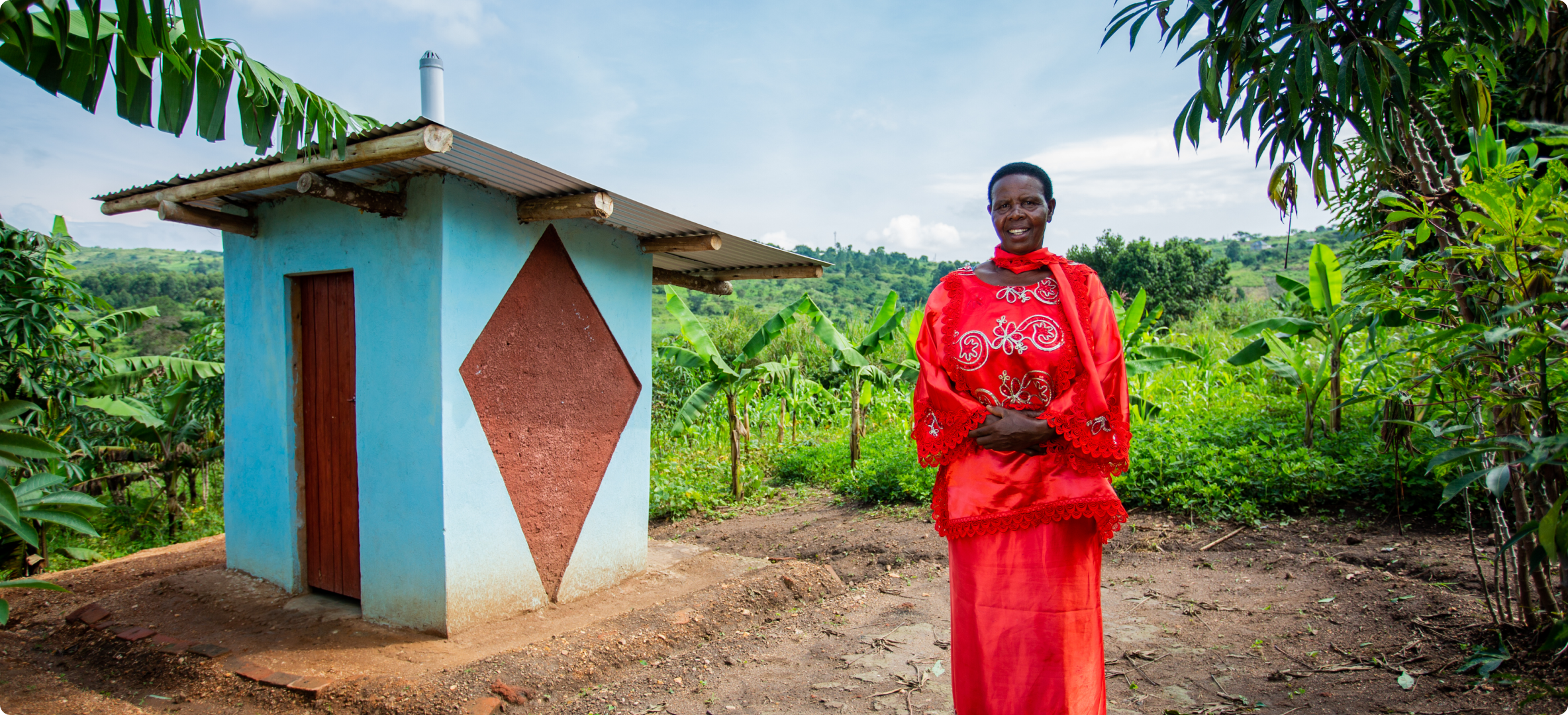
FM envisions a world where everyone is financially included and has access to safely managed sanitation. The initiative is a collaborative effort between WASTE and Amref Flying Doctors, aimed at expanding safe sanitation by enhancing local sanitation markets.
Currently, the programme operates in six countries: Bangladesh, Ethiopia, India, Kenya, Tanzania, and Uganda. FM has grown rapidly, and its impact is increasing in many different directions. To further this development and growth, the consortium, spearheaded by WASTE, took FM from a programme to a separate organisation in 2023: the FINISH Mondial Foundation (FMF). The FMF will be officially launched in 2024 and will enable increased impact, partnerships, relevance, fund mobilisation and innovation.
What we’ve achieved together
Programme learnings
Despite challenges like political unrest and delays, the programme adjusted strategies swiftly, achieving 95% of its planned activities on schedule.
Ethiopia faced challenges in achieving its funding targets for 2023, due to various factors, for example, inflationary pressures on building materials which affected the cost-efficiency of projects and a lack of awareness about sanitation loans. To address this gap and improve fund mobilisation, the team has initiated community awareness programmes and is engaging with micro-finance institutions to expand their portfolio to include sanitation products.
To overcome data collection struggles in Kenya, the team developed a reporting channel to ensure enhanced coordination and integration of data.
Paving the way for
the next chapter of impact
In order to maximise WASTE’s contributions to the ambitious Sustainable Development Goals, we recognise the need to substantially scale our programmes and intensify collaboration with our implementing partners. To pave the way for our next chapter of impact, we will build on the following WASTE strengths over the coming year.
Ending the year with a committed team in place
WASTE underwent a number of staff changes in 2023 including at management level with an interim director. The year, however, ended with a solid Management Team (MT) in place who oversee the organisational activities, as well as all programmes. The MT is also supported by a dedicated Supervisory Board (SB) who supervise the policy and strategy of the management and the general course of affairs at WASTE. In addition, the SB acts as an advisory body to the MT.
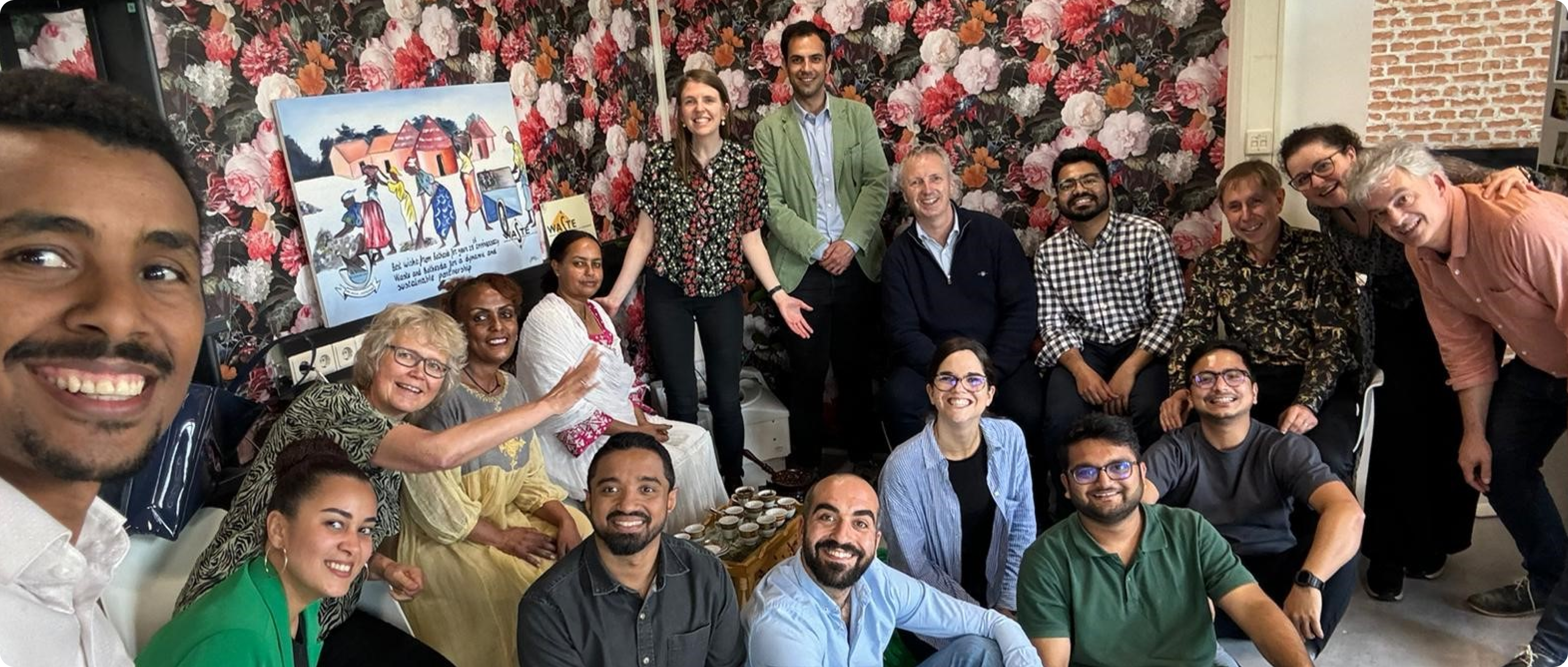
A big thank you to our partners and all those who have supported us in 2023 to make this possible!
Join us as we pave the way for the next chapter of impact.
Receive the latest news and updates in our newsletter
Receive periodic updates on all things sanitation and waste management directly in your inbox. You can also contact us directly.
















